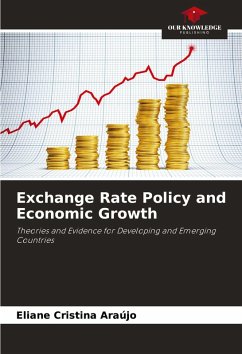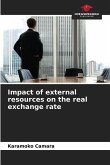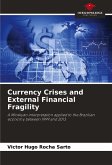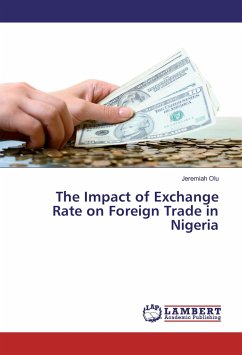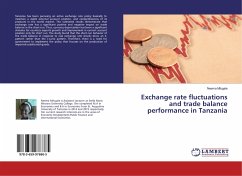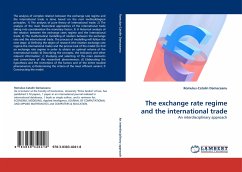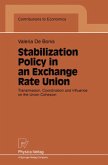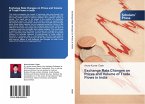This book analyzes the relationship between exchange rate policy and economic growth in developing and emerging countries from 1980 to 2008, with an emphasis on the level and volatility of exchange rates. After a theoretical discussion, these relationships were explored empirically, proving a positive correlation between undervalued exchange rates and economic growth and a negative correlation between exchange rate volatility and economic growth in developing and emerging countries. Its conclusions highlight that exchange rate arrangements characterized by competitive and stable exchange rates represent a pro-growth exchange rate policy strategy, whereas appreciated and volatile exchange rates are part of a malignant regime that discourages economic growth. In Brazil, between 1994 and 2008, a malignant exchange rate arrangement can be identified, given the tendency toward appreciation and excessive volatility. In view of this, it was pointed out that it is necessary to reduce vulnerability to movements in the capital and financial account in Brazil, which, at the same time, reduces excessive exchange rate volatility and contributes to maintaining a competitive exchange rate to promote exports, investments, and growth.
Bitte wählen Sie Ihr Anliegen aus.
Rechnungen
Retourenschein anfordern
Bestellstatus
Storno

